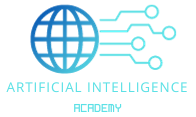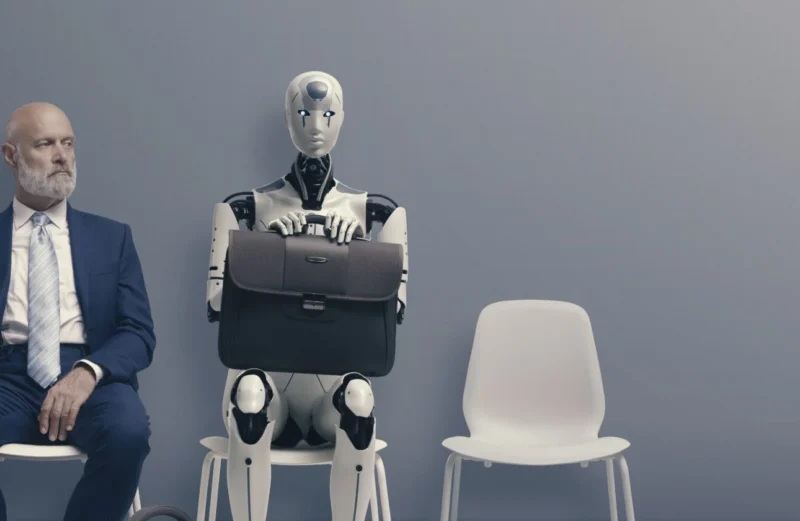Introduction:
Artificial Intelligence (AI) is rapidly transforming industries and reshaping the way we work. From automation to intelligent decision-making, AI technologies are revolutionizing the workplace. In this article, we will explore the role of AI in the workplace and its profound impact on the future of work.
1. Automation of Routine Tasks:
AI technologies are increasingly automating repetitive and mundane tasks, freeing up human workers to focus on more complex and creative endeavors. Tasks such as data entry, document processing, and customer support can be efficiently handled by AI-powered systems, allowing employees to dedicate their time and expertise to higher-value activities.
2. Augmentation of Human Capabilities:
AI is not here to replace humans; rather, it is designed to augment human capabilities. AI-powered tools and systems can assist workers by providing them with real-time insights, recommendations, and analysis. For example, AI-powered chatbots can offer immediate customer support, while AI-driven analytics platforms can process vast amounts of data to uncover valuable business insights.
3. Reshaping Job Roles:
The integration of AI technologies in the workplace is reshaping job roles and creating new opportunities. Traditional job functions are evolving, requiring workers to acquire new skills and adapt to changing requirements. Jobs that involve creativity, critical thinking, and problem-solving are becoming increasingly important, as these are areas where human intelligence excels, complemented by AI-powered tools and assistance.
4. Enhanced Decision-Making:
AI’s ability to process and analyze vast amounts of data enables more informed decision-making. By leveraging AI algorithms and predictive analytics, organizations can gain insights into customer behavior, market trends, and business performance. These insights empower decision-makers to make data-driven choices, leading to improved outcomes and increased efficiency.
5. Ethical Considerations:
The rapid adoption of AI in the workplace also raises ethical considerations. Issues such as bias, fairness, transparency, and privacy need to be addressed to ensure responsible AI use. Organizations must prioritize ethical guidelines and frameworks to mitigate risks and ensure that AI systems are designed and deployed in a manner that upholds ethical standards.
Conclusion:
AI is transforming the workplace, offering exciting possibilities for increased efficiency, productivity, and innovation. By leveraging AI technologies, organizations can automate routine tasks, augment human capabilities, reshape job roles, and make more informed decisions. However, it is crucial to address ethical considerations and ensure responsible AI use. As AI continues to advance, individuals and organizations must adapt, acquire new skills, and embrace the opportunities presented by an AI-driven future of work.
Join AI Academy today!

